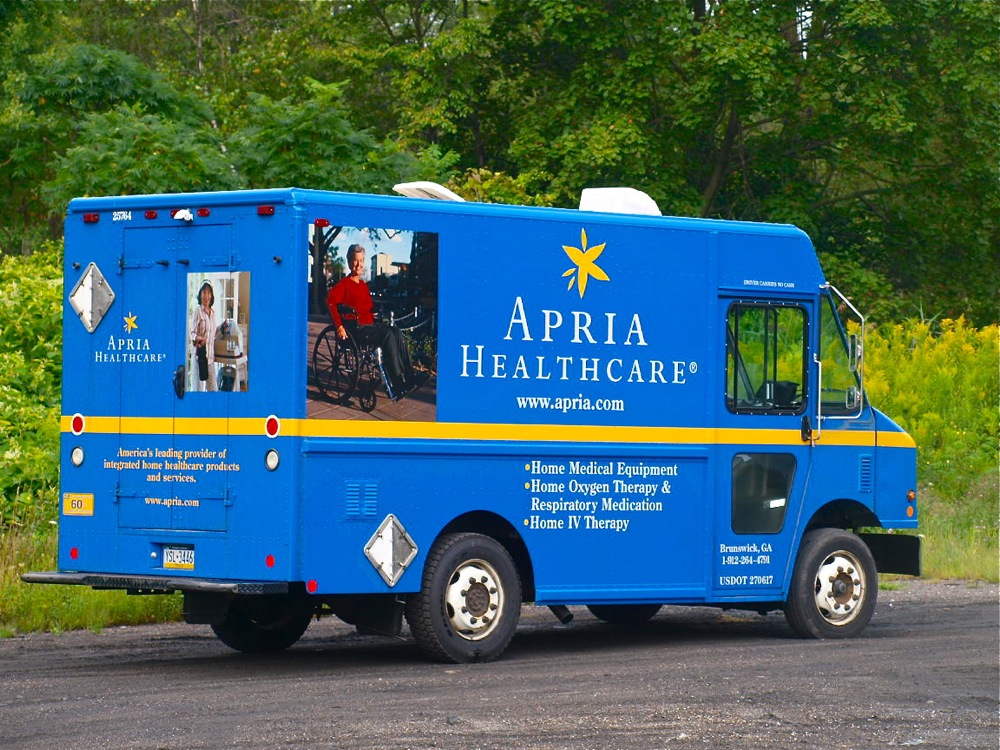
The Washington Post: How Private Equity Extracted Hundreds of Millions of Dollars from a Firm Accused of Medicare Fraud
March 8, 2021
The Washington Post on Monday detailed how private equity Blackstone’s ability to extract so much money out of Apria Healthcare is an example of how the profits flowing to private equity owners can be disconnected from the realities of how the businesses are run.
Washington Post, March 1, 2021: “How private equity extracted hundreds of millions of dollars from a firm accused of Medicare fraud”
Apria, a company which rents out at-home ventilators and other medical products, paid its owners and executives $460 million in dividends through “dividend recapitalization”: actually taking on $410 million in new debt.
See our January update: “Blackstone Collects Debt-Funded Dividend from Apria Healthcare Within Weeks of Billing Fraud Settlement”
At the same time, The Washington Post reported that the company submitted false medical claims for ventilator rentals worth millions of dollars to the government, even as it eliminated the jobs of respiratory specialists needed to ensure patients were properly using the machines.
The U.S. Attorney’s office said that Apria routinely billed Medicare and other programs when it did not know whether ventilators were still being used by patients and, therefore, if they remained medically necessary, and even when Apria had information indicating that patients were no longer using their ventilators, it often continued to bill the federal health programs.
From The Washington Post story:
“The company, the complaint says, offered huge bonuses to salespeople who signed up many new patients to use the ventilators, while employees who did not meet the targets were at risk of losing their jobs. The government alleges that employees combed through patient records to find people who were using cheaper oxygen devices so that salespeople could try to upgrade them to the more lucrative ventilators. Salespeople pushed physicians to order their patients the more expensive devices, declining to tell them that cheaper machines could be configured to meet the same needs, the complaint alleges.”
Apria settled this complaint for $40.5 million.
Despite that settlement, Apria went public in January 2021, netting its owners more than $170 million. On December 11, Apria completed a $260 million dividend recapitalization, taking on debt to pay a $210 dividend to private equity owner Blackstone and other owners.
Profiting additionally from the misery of the pandemic, Apria benefited from higher demand for its respiratory devices and from the CARES Act stimulus, which increased Medicare reimbursement rates for providers and allowed Apria and other companies to defer tax payments.
Following the recent IPO, Blackstone now owns a nearly 70% stake in Apria. The company’s nine-person board of directors includes four Blackstone executives or advisers. Blackstone is one of the largest health care investors in the US, with 55 health care acquisitions totaling $26.2 billion since 2007.
Private Equity Stakeholder Project Executive Director Jim Baker told The Washington Post, “Rather than investing in Apria Healthcare to fix problems at the company, Blackstone rewarded itself by saddling the company with debt and taking over $400 million in payouts in the last three years.”
Photo: pbase.com
